
Ludwig angina
Ludwig angina: rapidly progressive gangrenous bilateral cellulitis of the submandibular space with risk of life-threatening airway compromise

Ludwig angina: rapidly progressive gangrenous bilateral cellulitis of the submandibular space with risk of life-threatening airway compromise

Glucose Control Literature Summaries

Rotavirus is the leading cause of gastroenteritis worldwide and a leading cause of infant death in the developing world. 95% of U.S. children have had a rotavirus infection by the age of 5 years.
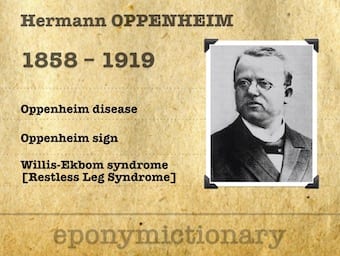
Hermann Oppenheim (1858-1919) was a German neurologist. Oppenheim sign/reflex (1902) and the archaic term Oppenheim disease (1900)
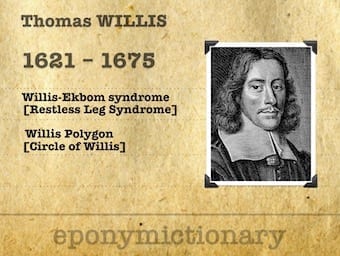
Thomas Willis (1621–1675) was an English physician.
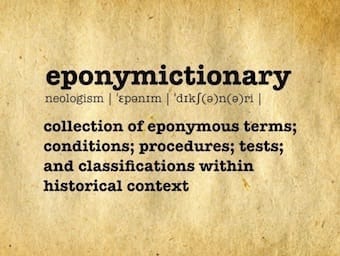
Restless legs syndrome (RLS)/Willis-Ekbom disease (WED) is characterized by an urge to move the legs, usually associated with limb discomfort. The symptoms occur at rest, are relieved by movement, and are worst in the evening and at night.
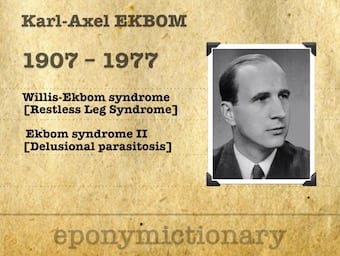
Karl-Axel Ekbom (1907-1977) Swedish neurologist. Eponym: Willis-Ekbom syndrome (Restless leg syndrome); Ekbom Syndrome II (Delusion of parasitosis)
Nikolay Sergeevich Korotkov (Николай Сергеевич Коротков) (1874 – 1920) was a Russian surgeon.

Scipione Riva-Rocci (1863-1937) was an Italian physician and paediatrician. Riva-Rocci introduced the upper arm cuff to measure systolic blood pressure

Stress Induced Hyperglycaemia (SIH) is transient hyperglycaemia associated with acute illness
resolves with resolution of the underlying critical illness
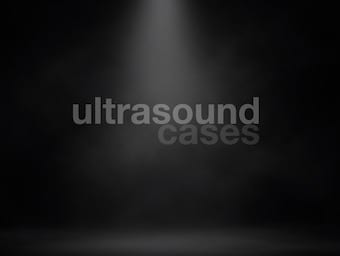
A patient in early pregnancy presents with pelvic pain and heavy vaginal bleeding. She has been bleeding heavily over the last hour. She tells you she had an ultrasound 2 weeks ago, at 5 weeks gestation which showed an intrauterine pregnancy, but was too early to detect cardiac activity.
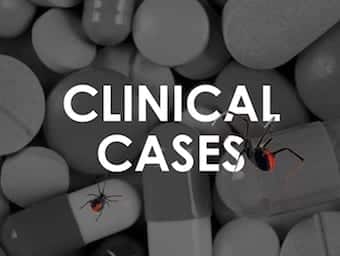
You are working as a locum doctor in the Northern Territory. Your patient is a 32 year-old Indonesian man who says he was stung while hauling in a net on an offshore fishing vessel.